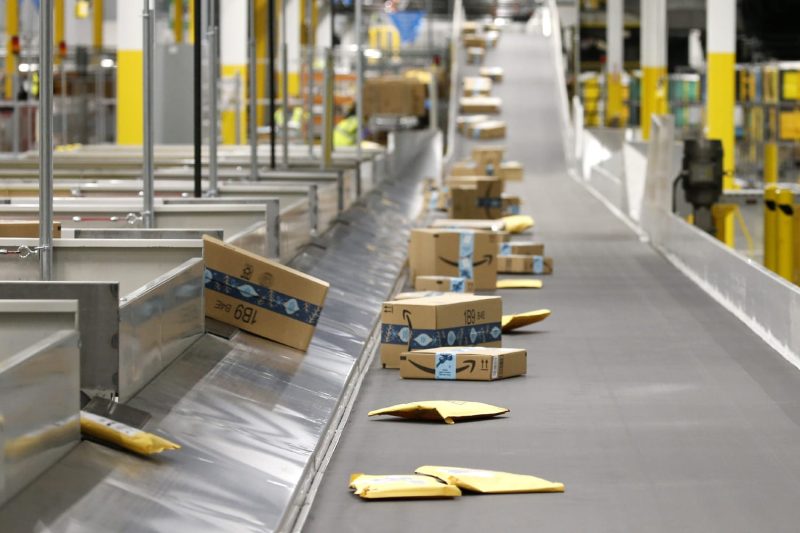In a recent ruling, a federal agency has declared that Amazon can be held accountable for dangerous products available for sale on its platform. The decision marks a significant development in the ongoing discussion surrounding the liability of online marketplaces for the products they facilitate the sale of.
The U.S. Consumer Product Safety Commission (CPSC) issued a statement asserting that Amazon could be considered a seller of goods which fall under its jurisdiction, opening the door for potential regulatory action against the e-commerce giant. This is a departure from previous interpretations that viewed Amazon solely as a facilitator connecting buyers and sellers.
The ruling comes as a response to a formal complaint filed by consumers who had purchased faulty products on Amazon and were seeking redress. The CPSC found that Amazon’s involvement in the sale process went beyond that of a mere platform and that the company had a level of control over the products being sold which warranted a seller designation.
This decision holds significant implications for Amazon and other online marketplaces, as it sets a precedent for increased accountability in ensuring the safety and quality of products available for purchase. It raises questions about the obligations of e-commerce platforms to vet sellers and products, as well as the extent of their liability in cases of harm caused by faulty goods.
Amazon has long maintained that it is not a seller but rather a platform that allows third-party sellers to list their products. This distinction has shielded the company from certain legal responsibilities traditionally borne by sellers, such as product liability claims. However, the CPSC’s ruling signals a shift in this understanding and could lead to a reevaluation of Amazon’s legal obligations.
Critics of Amazon have argued that the company’s vast marketplace lacks adequate oversight, leading to the proliferation of unsafe and counterfeit products. They have called for stricter regulations and enforcement actions to protect consumers from harm. The CPSC’s decision to hold Amazon accountable for the safety of products sold on its platform reflects growing concerns about the need for greater transparency and accountability in e-commerce.
Moving forward, the implications of this ruling are likely to reverberate throughout the e-commerce industry, prompting online platforms to review their practices and consider measures to ensure the safety and quality of products available for sale. As the digital marketplace continues to expand, the question of liability for harmful products sold online will remain a pressing issue, with potential ramifications for consumers, sellers, and platforms alike.
